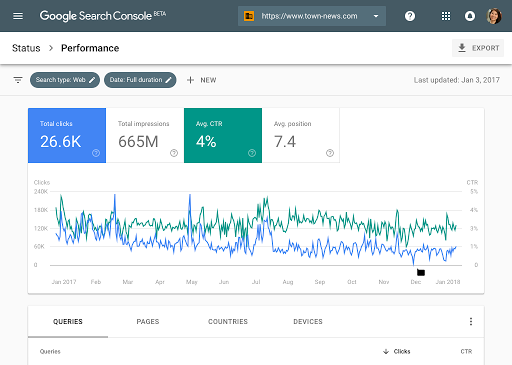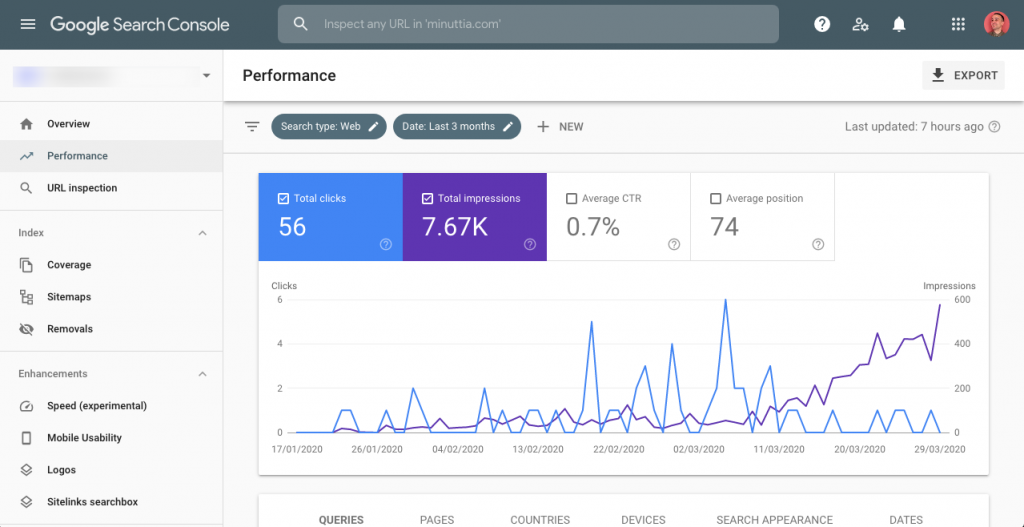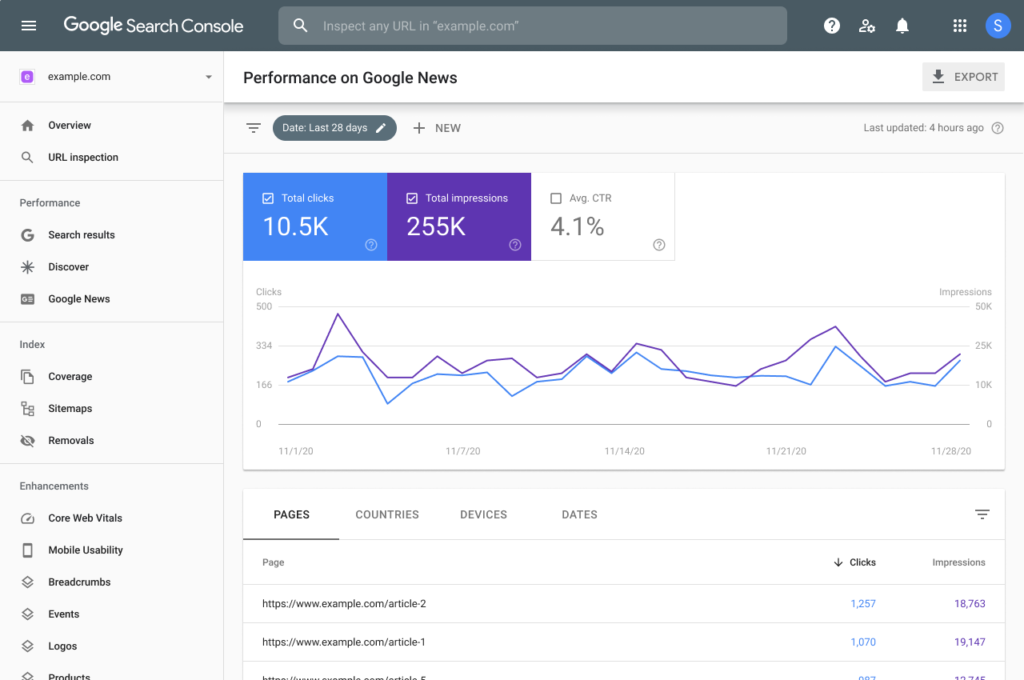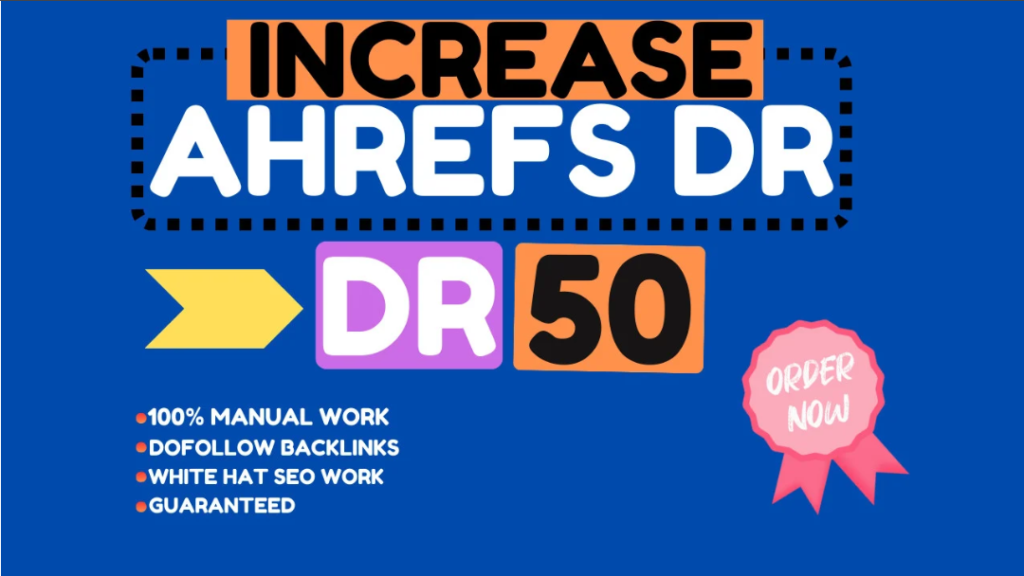1. Introduction: Who Is Ben Stace?
In the evolving world of search engine optimization, few names are as quietly influential as topical map expert Ben Stace. Known for his deep understanding of how information architecture and semantic relationships drive visibility, Ben has become a go-to strategist for brands that want to build authority from the ground up.
Unlike many SEO professionals who focus on short-term ranking gains, Ben Stace takes a structural approach — designing topical ecosystems that mirror the way Google interprets knowledge. His philosophy is simple but profound:
“Google doesn’t reward websites — it rewards understanding. The better your content mirrors how humans think about topics, the stronger your authority becomes.”
Over the past decade, Ben has developed frameworks that merge data, psychology, and content mapping — creating SEO strategies that scale not by keywords, but by concepts.
2. Understanding Topical Mapping: The Core of Modern SEO
Topical mapping, at its essence, is about structuring information to reflect meaning, not just phrases. A topical map organizes content around clusters of related ideas, ensuring that every page contributes to a brand’s overall authority on a subject.
Ben describes it as “the SEO version of neural networking.”
“A topical map is like a brain. Each piece of content is a neuron, and internal links are the synapses. The stronger and smarter the connections, the more intelligent your website becomes in the eyes of Google.”
In traditional SEO, businesses chase keywords. But topical mapping flips this approach. Instead of targeting search terms, you own a topic — building interconnected pages that explore every aspect of it in depth. This creates a natural hierarchy that search engines recognize as expertise.
Ben often emphasizes that topical relevance is what drives long-term success, not fleeting keyword trends.
3. Ben Stace’s Philosophy on SEO and Content Strategy
Ben’s SEO philosophy can be summarized in three words: Depth. Context. Continuity.
He believes that Google’s algorithms have evolved to evaluate content based on semantic depth — how well a page explores the intent, context, and connections behind a search term.
“The algorithm no longer asks, ‘Does this page mention the keyword?’ It asks, ‘Does this page truly understand the topic?’”
His approach blends human creativity with machine logic. Each topical map he builds starts with understanding the core human question behind a topic. From there, he structures layers of content that expand outward — from foundational topics to related subtopics, FAQs, and semantic bridges.
Ben also advocates for a living content model, where websites evolve over time. Instead of static blogs, he encourages brands to build “content organisms” — interconnected pages that grow, adapt, and expand as industries change.
4. The Process: How Ben Stace Builds Powerful Topical Maps
Ben’s process for creating topical maps is both systematic and intuitive. Here’s how he breaks it down:
Step 1: The Cognitive Core
He begins by identifying the central concept — the “anchor idea” that defines the brand’s niche. This is not always the keyword; it’s the mental model users have when searching.
Step 2: Semantic Expansion
Next, Ben uses advanced language models and cognitive mapping tools to identify related topics, entities, and relationships. He groups these into semantic clusters based on user intent — informational, transactional, and navigational.
Step 3: Hierarchical Structuring
Once clusters are built, Ben arranges them into a content pyramid — with broad, high-level pillar pages at the top, and deep, specific subtopics below. Each piece is connected by internal links, creating a logical web of understanding.
Step 4: Content Blueprinting
Before a single article is written, Ben builds what he calls a “narrative flow” — a blueprint showing how a reader (and search engine) moves through the topic from curiosity to expertise.
Step 5: Measurement and Refinement
After implementation, he monitors topical velocity — how fast Google begins associating the brand with the core topic. He adjusts internal linking and expands clusters based on emerging trends.
“Topical maps are never finished,” Ben notes. “They’re ecosystems — constantly evolving as knowledge expands.”
5. Case Studies: Real Results from Ben Stace’s Strategies
Although many of Ben Stace’s client projects remain under NDA, several anonymized case studies reveal the power of his methods.
One example involved a small B2B SaaS company struggling to compete against established players. By developing a topical map around “workflow automation,” Ben restructured their blog into five core clusters — each addressing a specific pain point. Within six months, organic traffic rose by 340%, and their domain began ranking for over 400 long-tail variations they hadn’t even targeted.
In another case, a health startup’s content was scattered across disconnected blogs. Ben introduced a semantic hierarchy, connecting medical information, wellness tips, and patient experiences through strategic internal linking. The result: a 90% increase in topical authority according to third-party tools.
These examples underscore a pattern — Ben’s work doesn’t just generate clicks; it builds credibility.
6. Topical Maps vs. Traditional SEO: Ben Stace’s Take
Traditional SEO treats content like isolated islands. Each keyword is a target, and every page competes for attention. Ben’s approach treats content as continents in a connected world.
“Keywords are conversations, not competitions,” he says. “Topical maps let you own the whole conversation instead of chasing fragments of it.”
While traditional SEO might bring short-term ranking spikes, topical mapping creates sustainable authority. It ensures your site remains relevant even as algorithms evolve — because it’s built on the same semantic logic Google itself uses to understand content.
Ben also warns that businesses clinging to old methods risk “semantic invisibility” — being technically optimized but contextually irrelevant.
7. How to Apply Ben Stace’s Methods to Your Own SEO Plan
Even without Ben’s proprietary frameworks, his principles can guide your own SEO strategy:
-
Start with Core Topics, Not Keywords – Identify the main knowledge areas your brand can own.
-
Build Clusters, Not Posts – Group related topics and interlink them logically.
-
Use Semantic Signals – Incorporate entities, synonyms, and context-rich phrasing to help Google understand meaning.
-
Internal Linking = Authority Flow – Treat internal links as signals of expertise, not navigation tools.
-
Track Topical Performance – Measure how your site grows in topic relevance over time, not just keyword rankings.
Ben often tells clients:
“If your content doesn’t help Google connect dots, it won’t help users either.”
8. The Future of SEO Mapping According to Ben Stace
Ben Stace predicts that topical mapping will soon become the foundation of AI-driven search optimization. As search engines move toward entity-based indexing and contextual comprehension, the future of SEO lies in how well we can structure and connect knowledge.
“In the next phase of SEO, websites won’t compete on keywords — they’ll compete on understanding. The winners will be those who can teach search engines, not just feed them.”
He foresees a rise in adaptive topical maps — dynamic systems that evolve in real time based on AI insights, SERP behavior, and emerging questions.
9. Expert Insights: Ben Stace’s Advice for SEO Professionals
For those looking to follow his footsteps, topical map expert Ben Stace shares three core principles:
-
Study Intent Before You Study Data
“Every keyword has a human story behind it. Understand the question before optimizing the answer.” -
Connect Knowledge, Don’t Just Publish It
“A thousand blogs won’t build authority — but a thousand connections will.” -
Think Like a Librarian, Not a Marketer
“The best SEO professionals aren’t selling content; they’re organizing knowledge.”
He also emphasizes humility in SEO — the willingness to unlearn outdated tactics and rebuild your understanding as the algorithms evolve.
10. Conclusion: Lessons from the Topical Map Expert
At the heart of his philosophy, Ben Stace sees SEO not as a race for clicks, but as a conversation with algorithms about meaning. His work reveals that true authority doesn’t come from targeting the right words, but from understanding the right ideas.
His legacy, even as a semi-anonymous expert in a crowded field, lies in teaching the next generation of SEO professionals to think differently — to build maps of knowledge, not lists of keywords.
“Search engines are just reflections of how humans seek truth,” Ben concludes. “If you can map truth better than anyone else, the rankings will follow.”
In the world of digital visibility, topical map expert Ben Stace isn’t just optimizing content — he’s redefining how knowledge is structured online.








